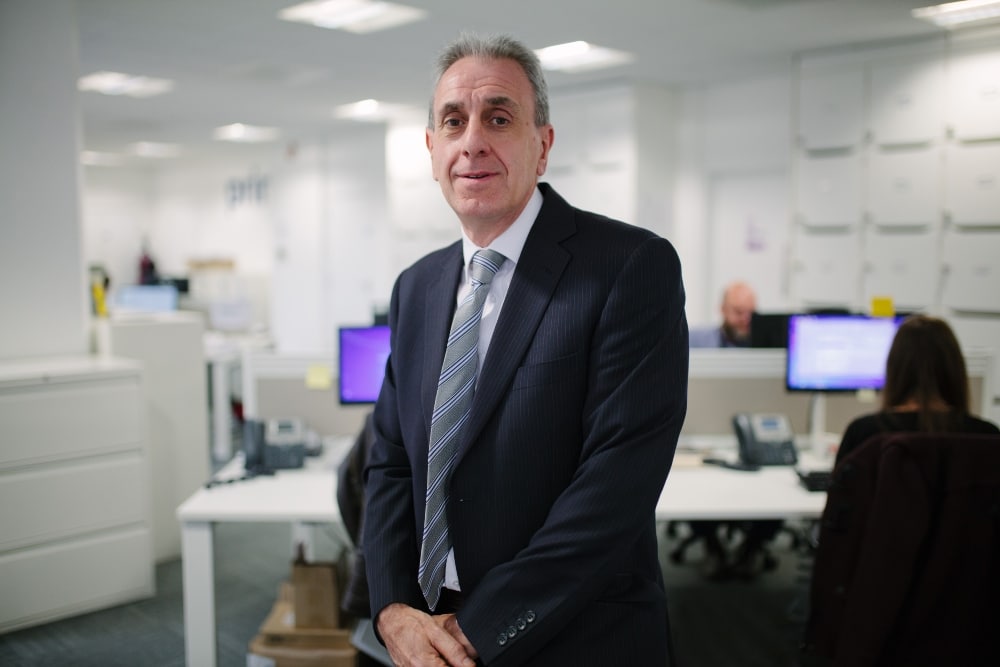John Moore, Senior (Equity) Advisor for the Creative Industries at GC Business Growth Hub
Now, during a global pandemic, the creative sector is faced with different concerns – from furloughed employees to managing new debt finance packages and Government support loans. Yet no matter where we were a few weeks ago, nor where we might be in a few months’ time, it holds true that thinking about the bigger picture, and remaining ambitious but realistic about growth and investment prospects, will put any business in good stead.
As Jenny Tooth, CEO of UK Business Angels Association (UKBAA), says: “Our research has shown that angels have only about 14-18% of their portfolio in creative industry businesses and these have often attracted lower levels of equity investment than say business in fintech, health care or software.
“As we emerge from the crisis, and angels start to look for new investment opportunities, it will be especially important for creative industry businesses seeking investment to clearly demonstrate the relevance and importance of their creative and innovative products and services in the post-Covid economy.”
With that said, there are some practical points around finance to encourage creatives to prioritise investment-readiness during these times, including:
- Continue looking for growth opportunities
- Where it remains available, additional support is especially important now. To put this in context, Tim Evans, head of investment for Creative England, says: “We’re receiving anecdotal evidence that creative sector financing is being squeezed nationally and the North seems no different. In October we launched our £24m Creative Growth Finance fund which has since made investments into Northern Creative businesses. Our Northern portfolio have been incredibly responsive in terms of their continuity planning and have demonstrated a diligent and appropriately conservative approach to navigating the Covid crisis. I would advise all companies to continue to manage their resources carefully and regularly review their continuity plans. I’d also encourage them to take advantage of all available support. Creative England has collated some guidance on this which can be accessed via our website.”
- Furthermore, while much focus has understandably been on the new Government loan schemes, it is well worth a reminder that many localised and fully funded packages of support also remain available. Creative Scale-Up is a prime example. While coronavirus has demanded a rethink of how it is delivered, it is still going ahead online to empower creative businesses to harness recovery and realise their full growth potential. The programme can help creative businesses upskill to tackle gaps in investment and growth. Find out more about the Creative Scale-Up programme here.
- Try to frame failure differently
- If you’re going through a particularly tough time with your finances right now, this is probably not what you want to hear, but any business that navigates today’s unprecedented challenges will have new learnings to put in front of investors who are keen to hear tales of courage and adversity. Pitching is essentially telling a captivating story and investors want to hear about those who have suffered, responded, and sustained their business through tough times by adapting. Everything you and your business goes through, no matter how tough, will become part of your story and the evidence you can put in front of prospective investors.
- Protect your assets and ensure that cash remains king
- Day-to-day housekeeping isn’t exactly what drives the ambition of most creatives. But this is not the time to be complacent. Business owners need to be more granular than ever about cashflow. The financial bread and butter – knowing exactly how much you’re owed, when and by whom, as well as payments your business is committed to – should not be taken for granted. It is also critical to have the right legal documents in place. One of the biggest challenges for creatives is around protection of intellectual assets. This can be an ambiguous area and if you’re not already up to speed, you need to be. Know what assets you do own and how that ownership sits within your business – how are you protected? Your business will lose value if you don’t correctly protect what you have.
To help navigate the landscape of finance in Greater Manchester’s creative sector, GC Business Growth Hub’s dedicated team of experts offer one-to-one business growth support, peer-to-peer collaboration, and access to cutting-edge information, strategies and techniques. Go to businessgrowthhub.com/dct for more information.
This and other Hub projects are part-financed by the European Regional Development Fund (ERDF) as part of a project designed to help ambitious SME businesses achieve growth and increase employment in Greater Manchester. The Hub is also supported by the Greater Manchester Combined Authority and Greater Manchester local authorities.













